Indigenous voice earns support of quiet majority: Newspoll
A majority of Australians support changing the Constitution to enshrine an Indigenous voice to parliament.
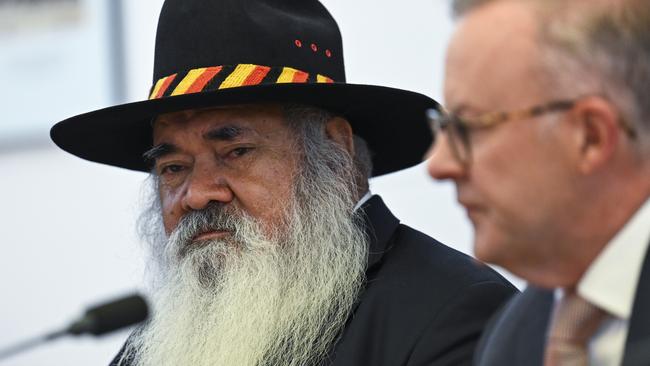
A majority of Australians support changing the Constitution to enshrine an Indigenous voice to parliament on the basis it would ensure Aboriginal and Torres Strait Islander people had a say in policies that affect them and mark a step forward in reconciliation.
An exclusive Newspoll conducted for The Australian published as parliament returns on Monday for the first time this year, shows 56 per cent of voters were in favour of constitutional change for a voice to parliament, with 37 per cent saying they were against the proposal.
It comes as Labor’s Special Envoy for Reconciliation, Patrick Dodson, said an Indigenous voice to parliament should have a role in advising the national cabinet in an apparent expansion of the proposed model.
Senator Dodson – known as the “father of reconciliation” – said it would be “wise” for it to be involved with the nation’s leading body of first ministers.
“I’m not sure how that’s going to work out in the legislative framework of how to interact with the parliament and the executive government, but … I would think that (national cabinet is) one of the aspects that you’d want to be able to talk to,” he said.
“Ultimately the privacy and primacy of those institutions would remain as they are … But in the spirit of a referendum that supports the provision that’s been put forward, then I would think a wise leader would want to consult with them in as effective a way as possible.”
According to the special Newspoll, which surveyed 1512 voters across Australia, half of those claiming to back a voice to parliament were only “partly” in favour, suggesting a notable soft vote among supporters with the task still ahead of the Albanese government to convince Australians to support the proposed referendum scheduled for later this year.
Yet only 28 per cent of voters were “strongly” in favour, echoing a similar level of support for the Yes case in the 1999 referendum for a republic, which ultimately failed.
A total of 23 per cent of voters were “strongly” against altering the Constitution with the prevailing argument among the naysayers being a belief that it would not solve the issues facing Aboriginal and Torres Strait Islander communities and would favour one group over another.
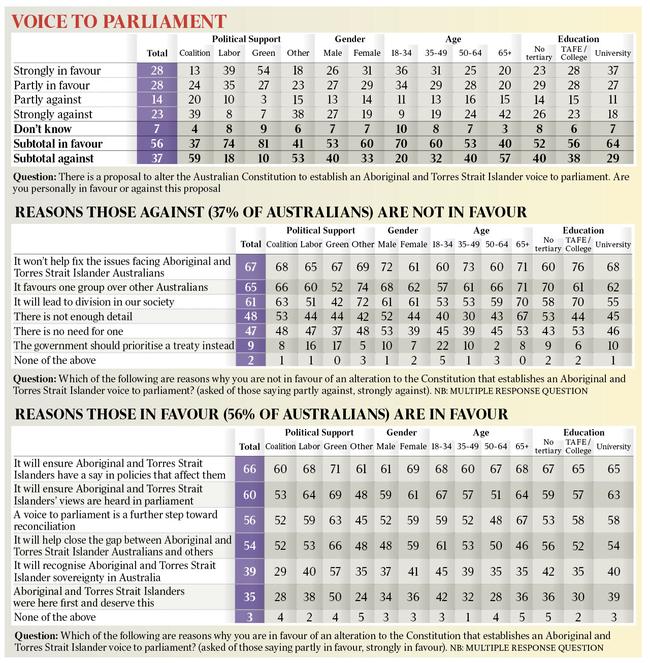
The new data on support for the voice comes as Newspoll shows Labor maintaining a 10-point margin over the Coalition on a two-party-preferred basis, giving Anthony Albanese and his government political momentum ahead of an expected economic downturn this year.
On Friday national cabinet officially endorsed an Indigenous voice to the federal parliament, with state and territory leaders signing a “statement of intent” alongside the Prime Minister and formally committing to seeing the voice stand up.
The poll also coincides with Mr Albanese’s plea to Australians at the weekend to embrace the Yes case amid what he claimed was a sea of disinformation and the threat of a new culture war.
The government will seek to introduce enabling legislation within weeks for a referendum in the second half of the year.
“In asking Australians to support an alteration to the Constitution that establishes an Aboriginal and Torres Strait Islander Voice we are asking people to say yes to a modest but meaningful change,” Mr Albanese told the Chifley research conference in Canberra on Sunday.
“Not a radical proposition, a sensible one. A simple, vital and practical principle: that Aboriginal and Torres Strait Islander people have a say in the policies and decisions that affect their lives.
“Not just because – as I’ve said before – it is common courtesy to consult people when you’re taking a decision that affects them. But because the practical outcomes will be better.”
Opposition Leader Peter Dutton is expected to decide by next week on what position the Liberal Party will adopt, with the Nationals having collectively decided late last year to oppose it.
The Newspoll shows that of the 56 per cent in favour of a proposal to alter the Constitution to establish a voice, 28 per cent were strongly in favour and 28 per cent “partly” in favour. Only 7 per cent of voters said they didn’t know.
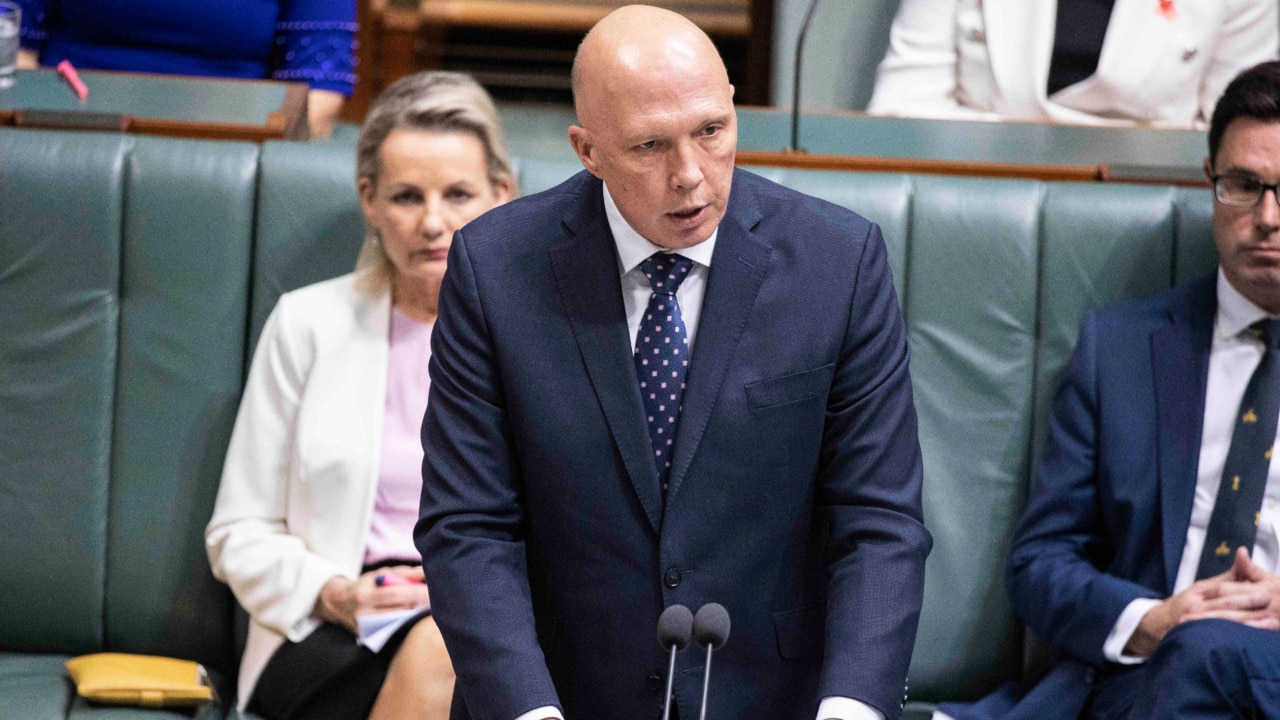
Of the total 37 per cent who were opposed, 14 per cent said they were partly opposed but 23 per cent said they were strongly opposed.
The most compelling argument for the Yes vote supporters was that it would allow for a an Indigenous voice on issues that affected them (66 per cent) while 60 per cent said it would ensure their voice was heard in parliament.
Among supporters, 56 per cent said they supported it because of what it meant for reconciliation, while 54 per cent believed it would help to close the gap between Indigenous communities and others. A smaller number, 39 per cent, said it would have the effect of recognising Aboriginal and Torres Strait Islander sovereignty in Australia while 35 per cent said those communities deserved it because “they were here first”.
Support for the voice was stronger among women voters with 60 per cent backing the proposition put in the poll, compared to 53 per cent of men. The Yes camp was strongest among young voters, with 70 per cent of 18 to 34-year-olds in favour while support fell off with age.
Among 35 to 49-year-olds, support for the voice was 60 per cent, falling to 53 per cent among 50 to 64-year-olds and only 40 per cent of those aged over 65. University-educated voters were also significantly more likely to back the referendum.
Those against the proposal, 67 per cent cited their reason for opposing as a disbelief that it would fix the issues facing Aboriginal and Torres Strait Islander communities.
This was strongest among opponents who are male, 72 per cent, and opponents aged between 35 and 49.
Two-thirds of those opposed, 65 per cent, believed it would favour one group over another with 61 per cent agreeing with the proposition that it would divide society.
Only 48 per cent of those opposed said that the reason they didn’t support the voice was because of a lack of detail. And 47 per cent said they didn’t believe there was a need for one. Just 9 per cent of those opposed said they believed that the government should prioritise a treaty with Aboriginal and Torres Strait Islanders first.
More Coverage
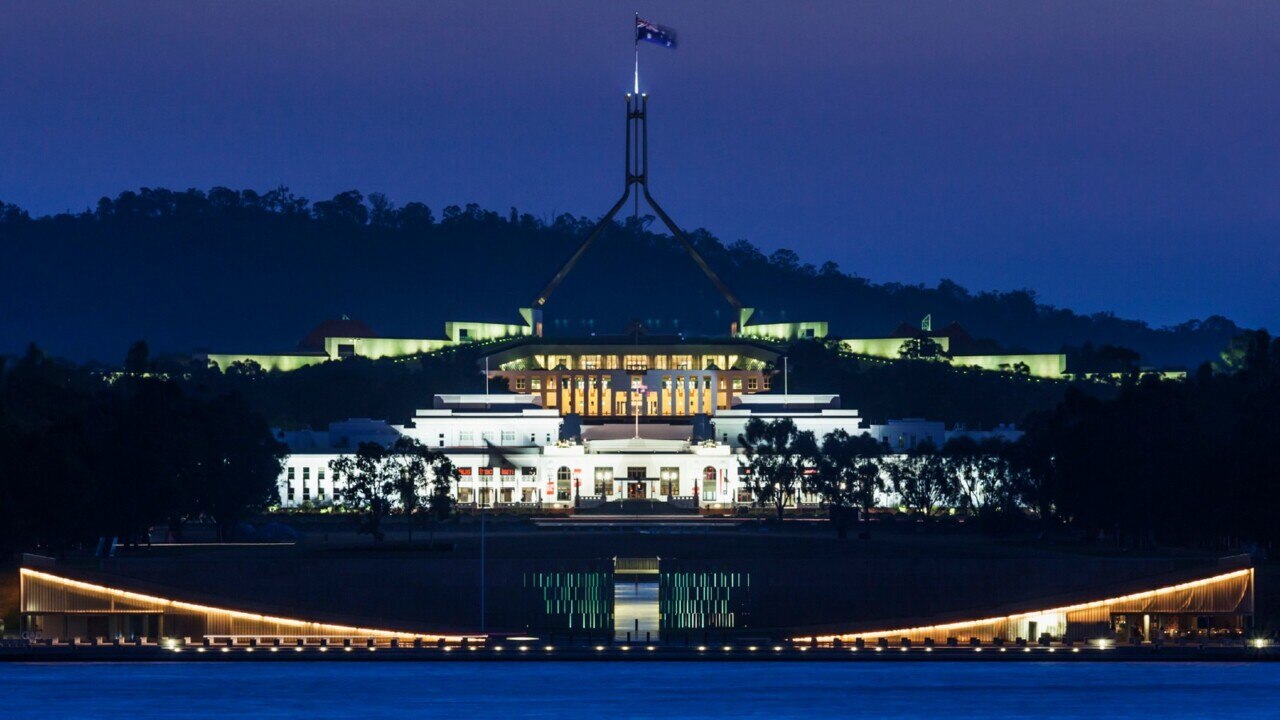


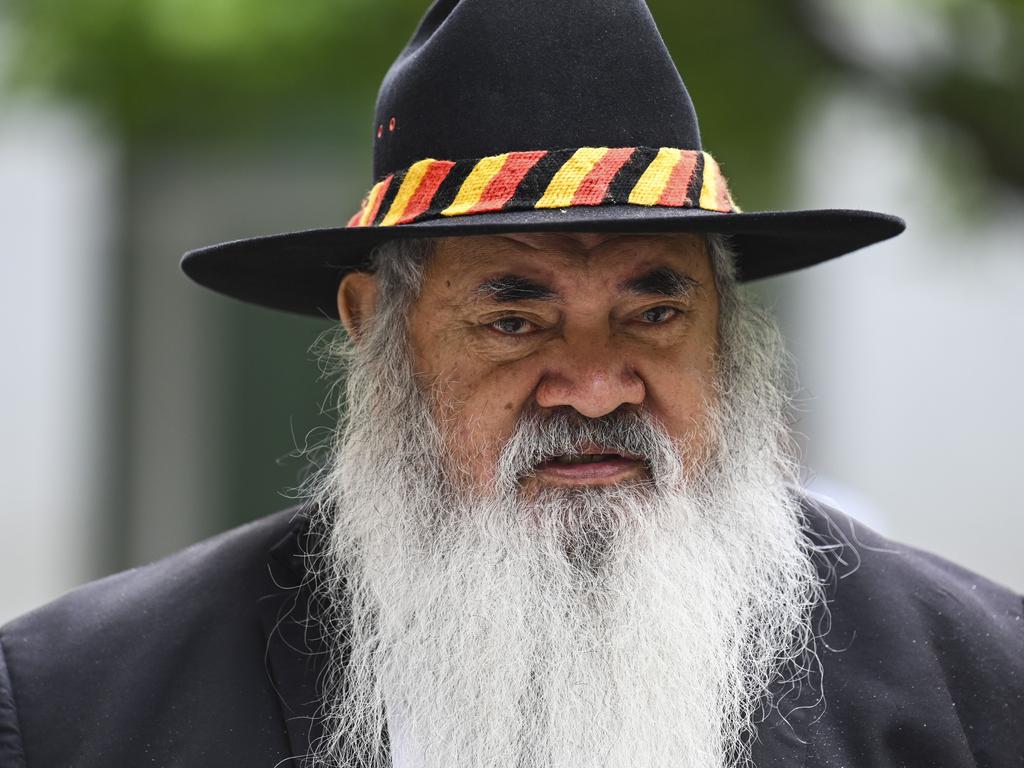
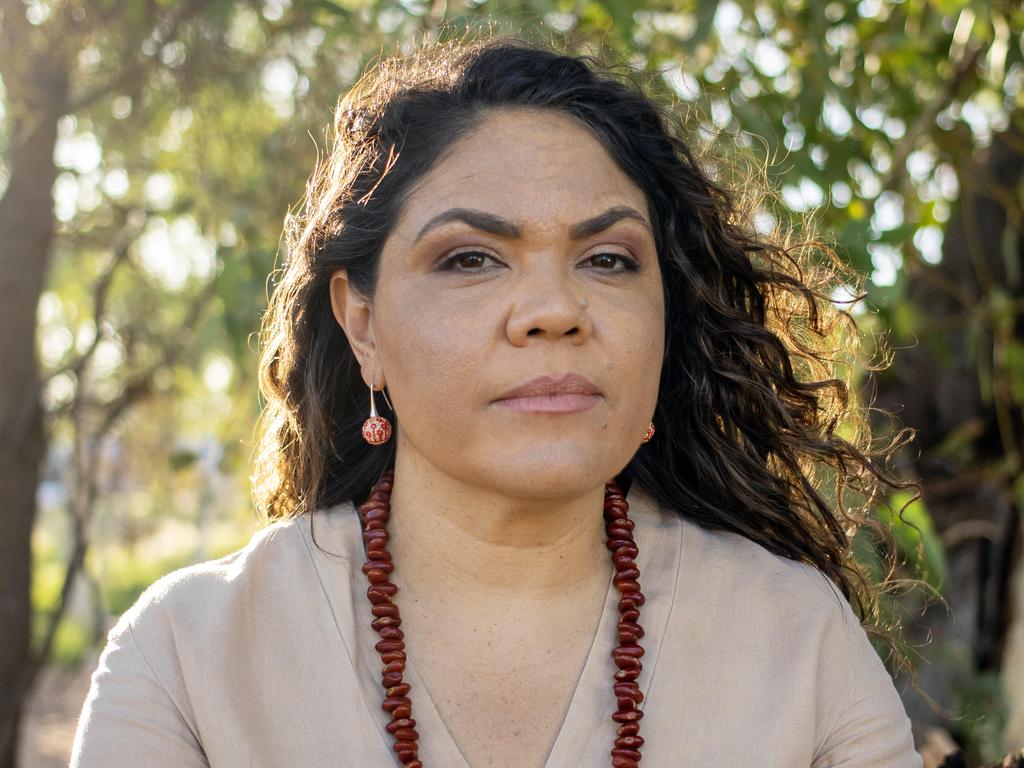
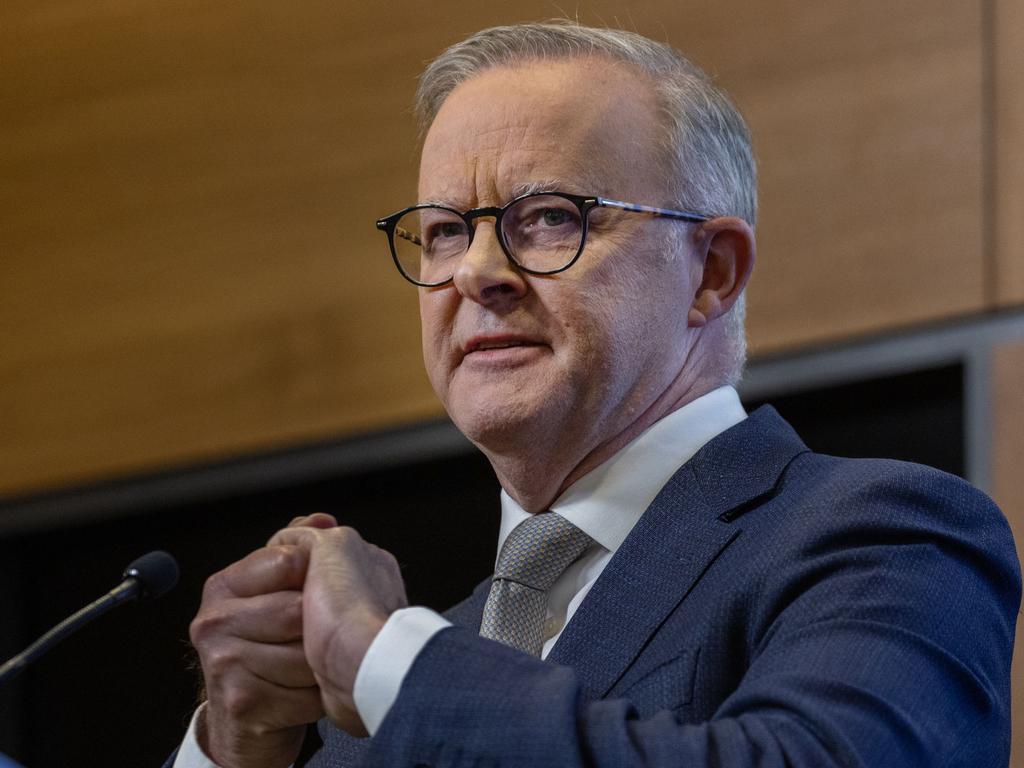
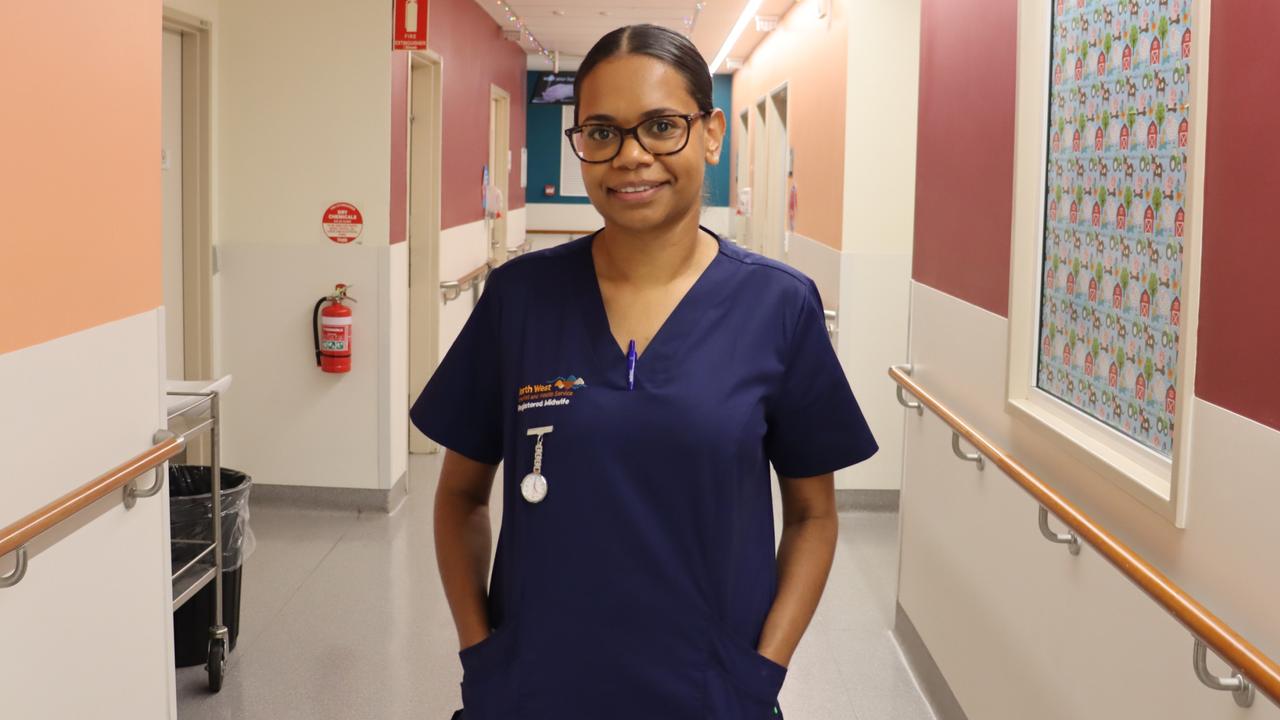
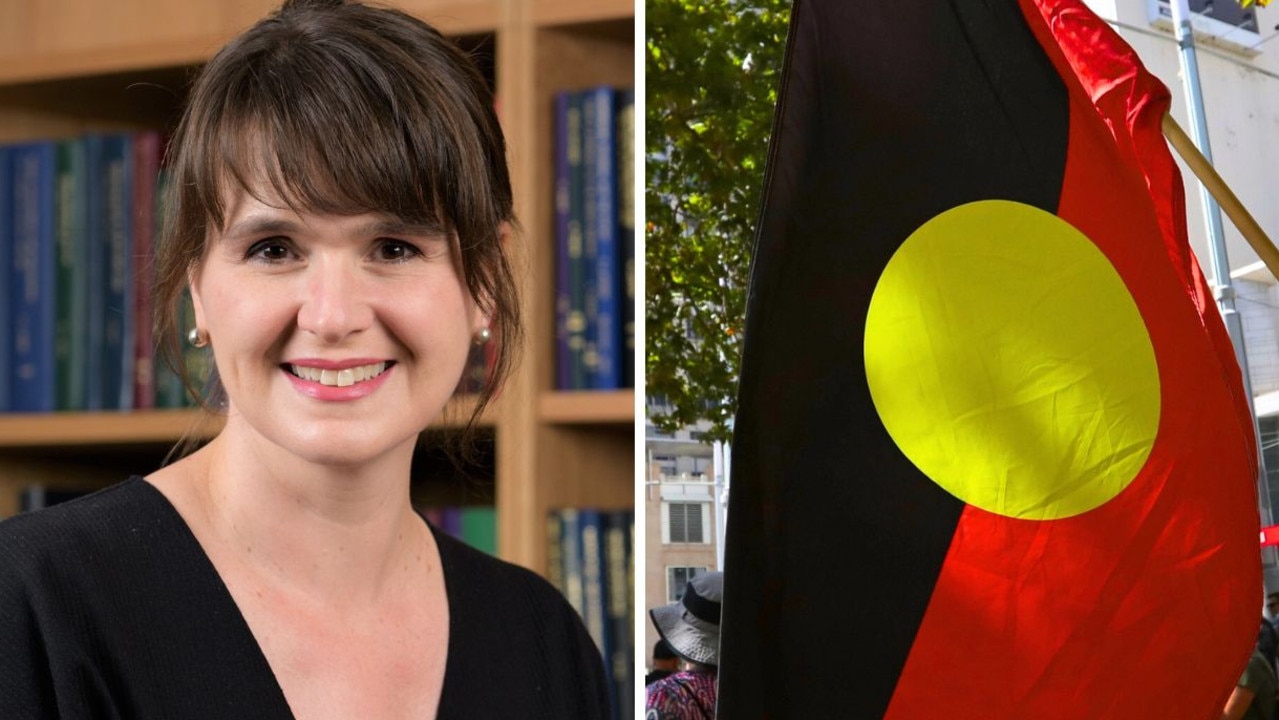
To join the conversation, please log in. Don't have an account? Register
Join the conversation, you are commenting as Logout